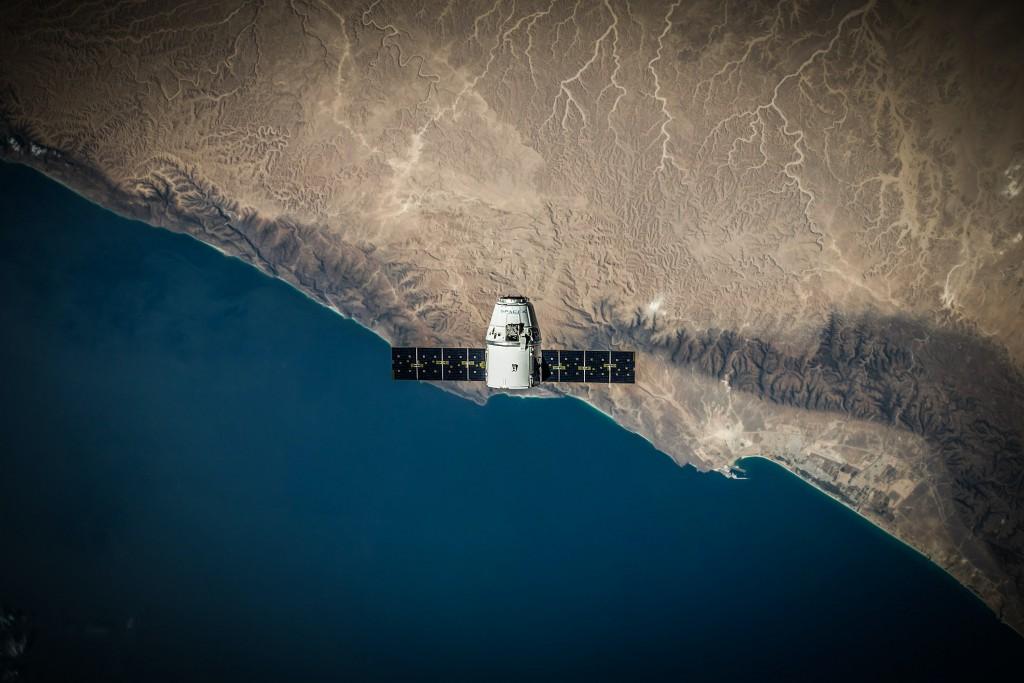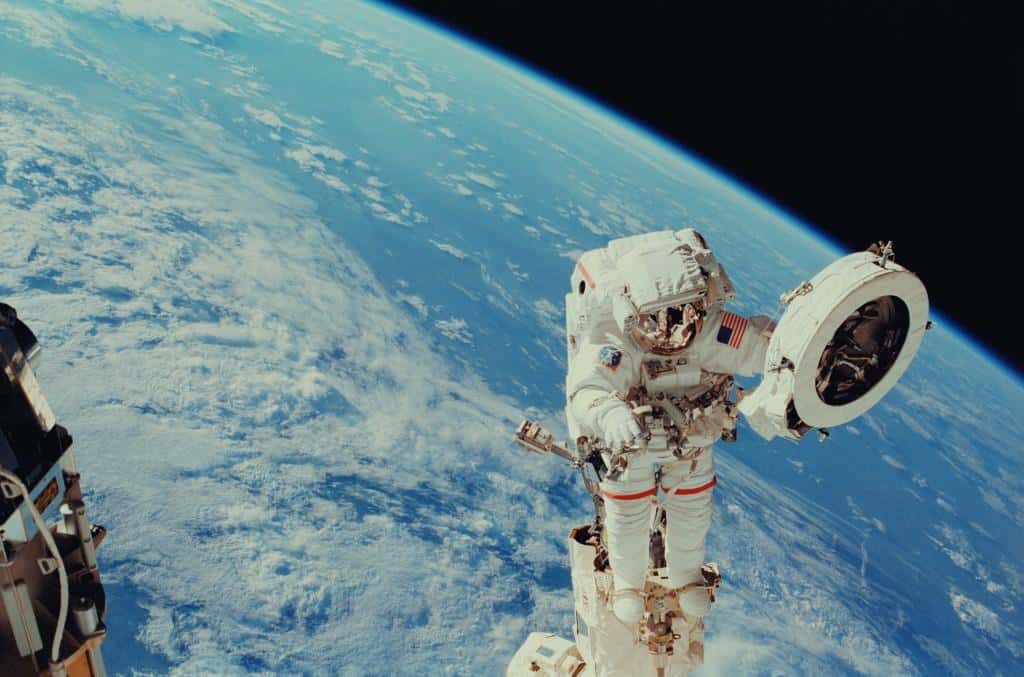World Space Week celebrates science, technology and education on all things celestial.
Space out at over 2150 happenings across 96 countries.
World Space Week begins every year on 4 October, the date Sputnik launched, opening the hatch to human exploration, and ends 10 October, the date of The signing of the Treaty on Principles Governing the Activities of States in the Exploration and Peaceful Uses of Outer Space, including the Moon and Other Celestial Bodies.
This year’s theme is Space and Sustainability. Events include panels on using satellites to monitor air quality and pollution, finding new ways to get to the moon and beyond more sustainably, and managing the cleanup of space debris.
Get involved
WSW isn’t just for the kiddos. You can spend the evening out under the stars with the fam in your back yard, catch the Ask a Space Expert webinar from your couch or — ohmigaw —head to Ottowa, Canada on for the Extra Terrestrial Diplomacy Conference.
It might be too late this year to check out most of FASESA’s WSW event in Zambia, but keep an eye on the Future African Space Explorer Stem Academy for how people are learning to apply space tech to improve IT, agronomy, biology, chemistry, nutrition, geography, medicine, law, management, communications, electronics, physics, and more on the continent.
Look down, not up
Crunchy science may not be your thing, but everybody needs safe Space. Our GPS, electricity grids, flights, weekly yoga calendars and livestreamed chats with Grandpa rely on it. A pandemic taught us social isolation, with the luxury of a regular news feed and channels of communication for many of us. We know from the zombie shows the worst that can happen when earth-to-space tech breaks entirely.

Exploration for all
Far-flung telescopes offer us more information about the universe than ever before, without the crippling political, religious, or pathenogenic footprints of direct human influence.
WSW is working to create opportunities for brilliant minds worldwide to make sure that space support and travel includes great ideas from all cultures, genders, and regions.
Want a career in space?
Are you an expert in STEM subjects? Can you pass a background check? Think you have the chops to be an aerospace designer or head mission control? Search the WSW event calendar for opportunities.
Ok, what about the dream of being an astronaut? It gets even tougher: NASA weeds out 18000+ applicants annually, and the 2-year training period doesn’t guarantee a mission.
Can I explore the great beyond now?
If you, not your butler, is reading this, probably not. You can shell out about $50K for an 8-hour stratospheric balloon ride, which doesn’t include zero-gravity.
Or 8 minutes of weightlessness in the Vomit Comet, at a price that’s affordable for former pop stars who are now science-y TV presenters. Sure, D-reams can only get better, but I doubt most of us will ever be able to afford this.
Even better: look at the WSW events. Attend one or some, get inspired by space, or just look up.









